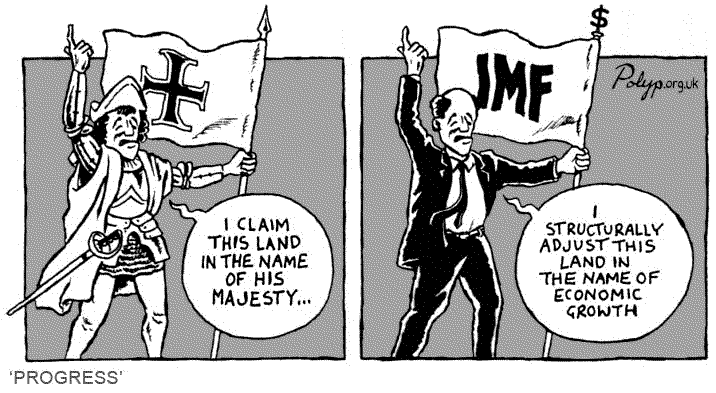That fine, silken cloak draped over the naked emperor of power, carefully stitched with phrases like “you ought to”, “you must”, or the always-a-red-flag “we are required to”. One might almost think these words were woven by bureaucrats with a thesaurus in one hand and a sledgehammer in the other.
At its core, legitimate power is the quiet agreement that some people get to tell others what to do, not because they’re better, brighter, or morally upright, but because we’ve all tacitly accepted a hierarchy that says, “Yes, you get the chair at the head of the table… and I’ll just sit over here by the bin, cheers.”
The vocabulary of obedience
Whenever someone whips out a phrase like “you are obliged to comply”, it’s a safe bet you’re being ever-so-gently herded into obedience. This is power in its Sunday best, dressed up, perfumed, and pretending not to be coercion. But don’t be fooled by the manners. Whether it’s “must attend” or “are required by policy”, what’s really being said is: “Do it, or else.”
This isn’t necessarily illegal, mind you. Just legitimate. Which is to say: it’s power that society has nodded politely at, poured a cup of tea for, and allowed to stay for dinner, despite its dubious manners.
Bourdieu’s capital of recognition: Or, The Emperor’s new authority
Enter Bourdieu, stage left, muttering something clever about “symbolic capital”. He points out that power, like money or a decent reputation, only works if people recognise it. The minute we stop believing in it, it’s just a man shouting in the street (or, let’s face it, a Prime Minister on Question Time). But if enough people squint and say “Yes, that sounds like authority,” it magically changes into something that governs your life, your work hours, and, if you’re really lucky, your weekend plans.
This mystical power-into-authority trick requires legitimacy. It’s like fairy dust, only instead of helping you fly, it helps governments convince people that taxes, surveillance, and policy decisions they had no say in are all perfectly reasonable.
The three great myths of legitimacy
Over the long and tedious history of Western political thought (and it is tedious, have you read Hobbes without caffeine?), three main stories have emerged to explain why some powers get to wear the legitimacy badge while others are simply called troublemakers:
1. The Paradigm of Difference
The classic: “You have power because you’re special, divine, or just born with the right last name.” This is monarchy, theocracy, and every office job where a middle manager thinks their title means they understand the spreadsheet. In this setup, legitimate power descends from on high, and those without it are expected to shut up, follow orders, and possibly die for king and country. Illegitimate power, meanwhile, is framed as mere rebellion, no matter how justified. If it doesn’t come with a crown, it doesn’t count.
2. The Paradigm of Equality
Fast-forward to revolutions, republics, and La Liberté, Égalité, Fraternité. Here, legitimacy comes from the people, or rather, whichever slice of the population is deemed “the people” this week. Power is legitimate if it’s distributed among equals, like a communal cake (that is, until someone eats most of it and calls it trickle-down). Illegitimate power? That’s anything which dares to disturb this grand illusion of balance. If you question the system, you’re the problem, not the system itself.
3. The Paradigm of Interdependence
Now we’re into postmodern territory, where everything is power, nothing is stable, and even your toaster may be part of a hegemonic structure. In this messier but slightly more honest version, power is always partial, fragile, and co-dependent. Nobody has complete control, everyone influences everyone else, and legitimacy is a negotiation, not a birthright. This is the polite way of saying: “We all rely on each other, but I’ll still overcharge you for rent while claiming we’re equals.”
Authority: A Costume Party
The trick of modern legitimacy is that it doesn’t always announce itself in robes and sceptres. Sometimes it wears a lab coat. Or a police badge. Or a university degree. Sometimes it sits behind a corporate firewall sending auto-generated emails that tell you what you must do to comply with policies you never agreed to. And sometimes it’s a softly spoken politician saying “It’s in everyone’s best interest” as the legislation slides quietly under the door.
Legitimacy, in other words, is less about truth than performance. As long as enough people believe the actor deserves the stage, the show goes on.
If someone says “you’re required to”, pause and ask yourself: Required by whom, and to what end? Legitimacy may be the gold standard of authority, but if the gold’s been painted on with spray varnish and wishful thinking, you might want to question whether that crown is real… or just a party hat.
